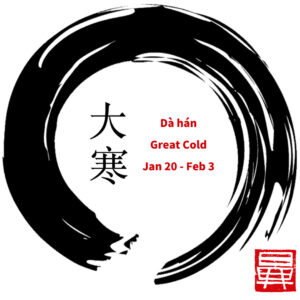
western medicine:
In today’s fast-paced and demanding world, stress has become an almost ubiquitous experience for individuals of all ages and backgrounds. From high-powered executives to busy parents and students, no one is immune to its effects. Stress can manifest itself in various ways, impacting both mental and physical health. In this blog post, we will delve into stress from a Western medical perspective, exploring its definition, causes, effects on the body, and effective coping strategies.
Defining Stress
In Western medicine, stress is typically defined as the body’s response to external pressure or demands, known as stressors. These stressors can be real or perceived and can originate from various sources, such as work, family, financial concerns, relationships, or health issues. Stress is a natural and adaptive response designed to help us cope with challenges by activating the “fight-or-flight” response. However, chronic or overwhelming stress can lead to health problems.
The Physiology of Stress
When we encounter stress, the body releases stress hormones, primarily cortisol and adrenaline. These hormones trigger a series of physiological changes, preparing us to react to the perceived threat. The heart rate increases, blood pressure rises, and blood is redirected to essential organs and muscles, enabling us to respond quickly. In small doses, this response can be beneficial, but prolonged activation can be detrimental to health.
Effects of Chronic Stress
Coping Strategies
Conclusion
Stress is an inherent part of life, but how we perceive and respond to it can significantly impact our well-being. Understanding the physiological and psychological aspects of stress from a Western medical perspective allows us to develop effective coping strategies. By taking steps to manage stress, we can foster better mental and physical health, leading to a more balanced and fulfilling life. Remember, it’s crucial to prioritize self-care and seek help when needed to navigate through life’s challenges successfully.
Chinese medicine:
In the ancient wisdom of Traditional Chinese Medicine (TCM), stress is not just seen as a psychological or emotional state but is considered a disruption of the harmony between the mind, body, and environment. In this blog post, we will explore stress from a Chinese medical perspective, examining its root causes, its impact on the body’s vital energy, and the holistic approach to restoring balance and promoting overall well-being.
Understanding Stress in Chinese Medicine
In TCM, stress is often associated with the imbalance of the body’s vital energy, known as Qi (pronounced “chee”). Qi flows through the body along meridians, nurturing and supporting various organs and systems. When Qi becomes stagnant or deficient due to external or internal factors, it can lead to physical and emotional symptoms of stress.
The Causes of Imbalanced Qi
The Impact of Stress on the Body
In Chinese medicine, stress affects specific organ systems and meridians:
Holistic Approaches to Managing Stress
Traditional Chinese Medicine views stress as an imbalance in the vital energy that connects the mind, body, and spirit. By understanding the underlying causes of stress and its impact on specific organ systems, TCM offers holistic approaches to restore harmony and promote overall well-being. By harmonizing the flow of Qi through acupuncture, herbal medicine, mindful exercises, and emotional release, individuals can effectively manage stress and cultivate a more balanced and fulfilling life. Remember, seeking guidance from a qualified TCM practitioner, like myself, is essential to tailor treatments to individual needs and embrace the wisdom of this ancient healing tradition.
Share this Page: